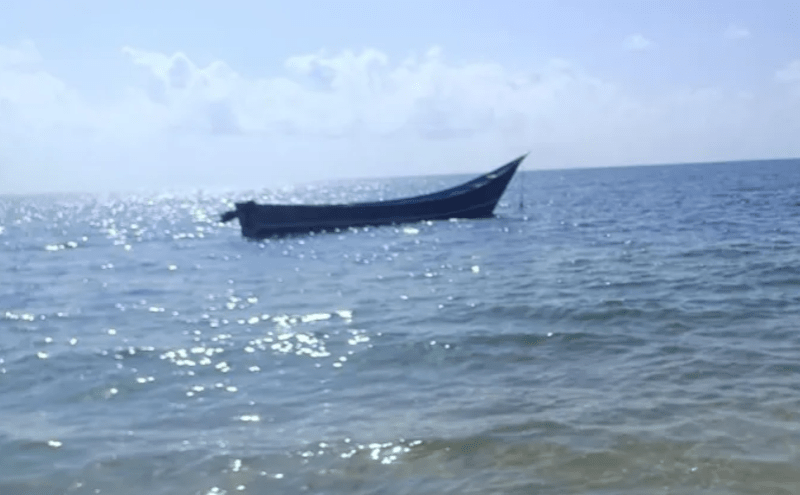China supports Somalia's 'integrity' after Ethiopia-Somaliland accord

The East African trade bloc Igad said Thursday it will meet January 18 in Uganda to discuss the tensions between Ethiopia and Somalia.
China on Thursday called for the respect of Somalia's "territorial integrity" after a maritime accord between Ethiopia and the breakaway region of Somaliland raised regional tensions.
Under a memorandum of understanding (MoU) signed January 1, Somaliland agreed to lease 20 kilometres (12 miles) of its coast for 50 years to land-locked Ethiopia, which indicated it wants to set up a naval base and a commercial port.
More To Read
- Somalia adds Northeastern State to federal map despite Somaliland objections
- China reacts harshly to US senator’s Somaliland remarks
- Somalia officially recognises SSC-Khatumo as 6th federal member state in historic unity move
- Ethiopia's Red Sea gambit: Why Somaliland remains prime option
- Somalia Independence Day celebrations banned in Eastleigh over security fears
- Raila hosts Somaliland President Abdirahman Abdilahi in farewell dinner, rekindling ties
Somaliland is a former British protectorate facing the Gulf of Aden, which declared its independence from Somalia in 1991 but isn't recognised by the international community.
"Somaliland is part of Somalia," said a posting on X by the Chinese embassy in Somalia, citing Mao Ning, a spokeswoman for the Chinese foreign ministry.
"China supports the federal government of Somalia in safeguarding national unity, sovereignty and territorial integrity," it said, adding that "we hope that regional countries will handle regional affairs well through diplomatic dialogue."
The East African trade bloc Igad said Thursday it will meet January 18 in Uganda to discuss the tensions between Ethiopia and Somalia, as well as the situation in Sudan, which has been torn apart since April by fighting between rival generals.
The United States, the European Union, the African Union, the Arab League, Egypt and Turkey have already all called for respecting Somalia's sovereignty.
Ethiopia, the second most populous country in Africa, has been searching for an outlet to the sea ever since the Read Sea coastal region of Eritrea declared independence in 1993.
Somaliland, with 4.5 million inhabitants, prints its own money and delivers its own passports.
But it remains isolated because of the lack of international recognition, preventing it from benefiting from its position on the Gulf of Aden, one of the most active sea routes in the world, leading to the Red Sea and the Suez Canal.
Story by AFP
Top Stories Today











































